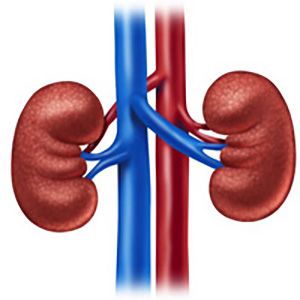Brucella epididymo-orchitis: A single-center experience with a review of the literature

All claims expressed in this article are solely those of the authors and do not necessarily represent those of their affiliated organizations, or those of the publisher, the editors and the reviewers. Any product that may be evaluated in this article or claim that may be made by its manufacturer is not guaranteed or endorsed by the publisher.
Authors
Brucella epididymo-orchitis (BEO) is a rare complication of brucellosis. Despite the high incidence of brucellosis in developing countries, few case series on BEO are available. This study focuses on the clinical presentations, diagnosis, and treatment of BEO with a review of the literature. This study included consecutive BEO patients diagnosed and treated at Smart Health Tower between 2021 and 2023. The required data were retrospectively collected from patients' profiles. The BEO diagnosis was established through scrotal Doppler ultrasound in cases with a positive Rose Bengal test and positive IgG and IgM results for brucellosis, in addition to scrotal pain and swelling. This study included 11 cases whose ages ranged from 22 to 55 years. Most of the cases presented with testicular pain (72.7%), followed by fever (63.6%) and arthralgia (63.6%). The right side (54.5%) was slightly more affected than the left side (45.5%). The major abnormal laboratory finding was an elevated C-reactive protein (82%). The treatment was conservative, in which a combination of gentamicin, doxycycline, and rifampicin was administered to the patients for about 6-8 weeks. One case underwent an orchiectomy due to the abscess formation. All the patients responded well to the treatment, with no recurrence. In the Middle East, brucellosis remains a concerning infectious disease. Early diagnosis, aimed at preventing abscess formation and other complications, takes first priority to avoid invasive interventions.
How to Cite

This work is licensed under a Creative Commons Attribution-NonCommercial 4.0 International License.
PAGEPress has chosen to apply the Creative Commons Attribution NonCommercial 4.0 International License (CC BY-NC 4.0) to all manuscripts to be published.

 https://doi.org/10.4081/aiua.2023.11978
https://doi.org/10.4081/aiua.2023.11978



